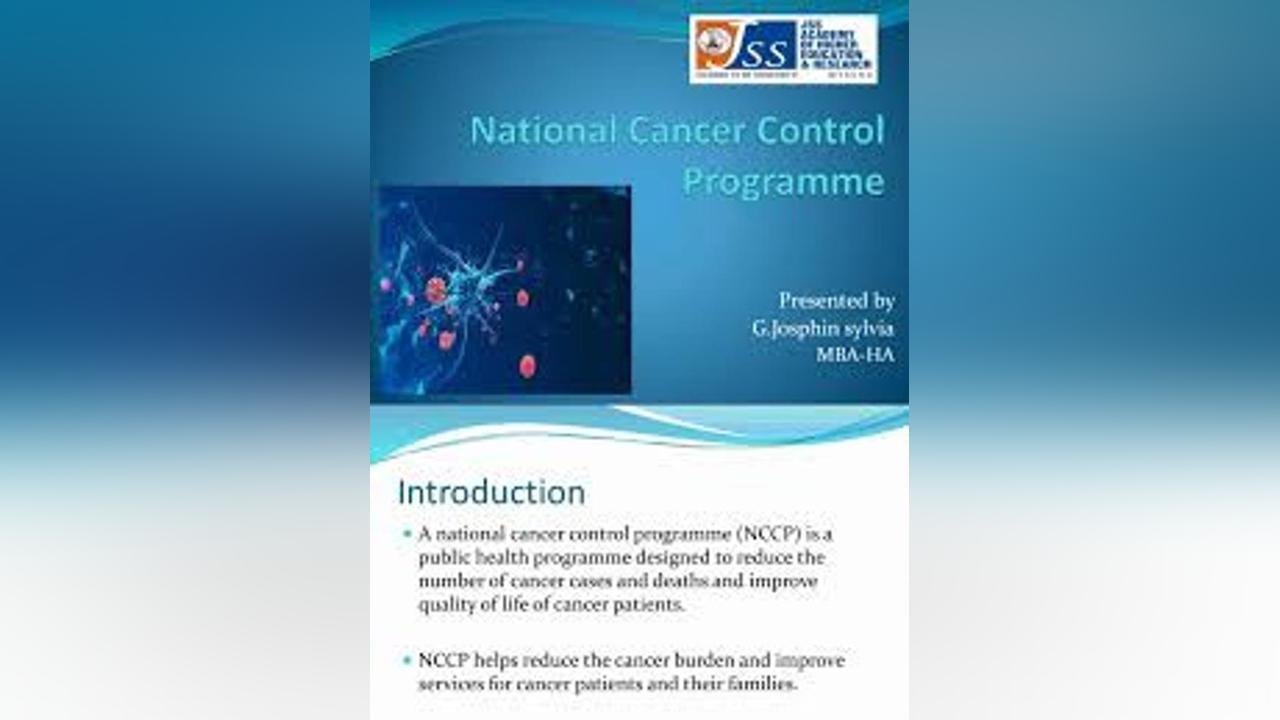Africa-Press – Zimbabwe. THE government has been called upon to come up with a comprehensive budget and proper planning for the success of the National Cancer Control Plan.
The government recently launched the National Cancer Control Plan (NCCP) 2025-30 while updating the National Cancer Prevention and Control Strategy (2014 -18). In an interview with NewsDay, Cancer Association of Zimbabwe monitoring and evaluation coordinator Lovemore Makurirofa said the control plan was a step in the right direction, though a few things needed to be taken into consideration.
“The plan is needed by the stakeholders so that they can know the direction the country is taking in terms of cancer prevention and control.
“It also highlights some of the priority areas by the government, because the stakeholders and even possible funders need to know the priority areas of the government. What is it that the government is planning to do in the next five years, so that these players can assist the government?” he said.
Makurirofa said civil society organisations, international development partners and other stakeholders also needed to know the government’s commitment towards fighting the disease.
“Having a strategy shows that we are committed to cancer, and it’s a good step in a positive direction. It also helps in the mobilisation of cancer resources because if the government does not have a plan, it’s very difficult for partners to mobilise resources for cancer management.
“We hope that with this strategy in place, more and more resources can be raised and channelled towards cancer prevention and control in Zimbabwe.
“As Cancer Association of Zimbabwe, we call upon the government and also stakeholders, cancer stakeholders, to make sure they implement whatever activities and whatever strategies that are listed in this strategy, so that at least by the end of the five years, we may achieve what we intend to achieve in this reporting period.”
Makurirofa said there was a need for the government and its partners to have a budget for the plan to succeed.
“Costing the plan enables partners to know the budgets that are required for us to achieve what we want to achieve. We encourage the government that the costing should actually begin and it should be done as early as possible, so that we know the total amount that are needed to achieve what is written in the strategy. There are several priority areas,” he said.
“In the previous strategy, we didn’t manage to come up with a cost and it ran from 2014, I think, up to 2018. The plan had no budget. That is one of the reasons why we failed to achieve what we wanted to.
“In these matches, we have done a lot and we improved, especially in cervical cancer screening and so forth, but the fact that the plan had no cost means that enough resources were not mobilised to implement everything that was in the plan.”
Meanwhile, Community Working Group on Health executive director Itai Rusike has decried the severe under-reporting of cancer cases due to poor access and utilisation of health services by the population, inadequate diagnostic capacity at all levels.
“The national capacity remains weak at the early diagnostic and intervention levels. Despite the huge numbers cited above, there remains a huge bottleneck in that only two centres in the country offer radiotherapy and chemotherapy for cancer and they’re not even operating optimally.
“The diagnostic and other support services remain inadequate, translating to poor quality of care and hence the unfavourable statistics.
“While vaccination is the best strategy, there has to be a strategy to improve the services to effectively diagnose and comprehensively treat all cancers in the country.”
He said cancer statistics were a stark reminder that the healthcare system was not catering for the population’s health needs adequately.
“This needs to be urgently addressed to end the desperation we have witnessed even for those presenting for treatment in the private sector and other countries.
“The costs are catastrophic and the quality of the services dubious, as the outcomes have also been adverse. We are hopeful that our system will soon be transformed to function fully by constitutional and other provisions on the rights of Zimbabweans to health,” he said.
The cancer burden continues to plague the country with reports indicating that a total of 17 725 cases were reported, 7 363 among women and 4 376 among men and 11 739 deaths.
The five-year prevalence was 37 913, indicating a huge cancer burden, especially due to HIV co-infection, with a significant proportion being cervical cancer.
For More News And Analysis About Zimbabwe Follow Africa-Press






